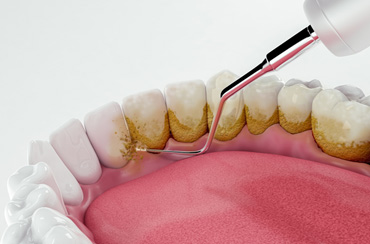Periodontal Therapy – East Longmeadow & Northampton, MA
No More Bleeding Gums
When brushing your teeth, do you notice any bleeding or tenderness? Do your gums appear red or inflamed? If so, there’s a good chance you have gum disease in East Longmeadow & Northampton. Depending on which stage you’re currently experiencing, it is possible to reverse the symptoms. However, if bacteria has spread, it will be necessary to undergo frequent periodontal cleanings and treatment to minimize the potential for reinfection. At EMA Dental, let us help you take back your gum health with safe and effective periodontal therapy. Contact us to schedule an appointment and learn more.
Why Choose EMA Dental for Periodontal Therapy?
- State-of-the-Art Dentistry with Modern Technology
- Comprehensive Dental Care Under One Roof
- Dental Insurance Welcome and Financing Available
What Is Periodontal/Gum Disease?
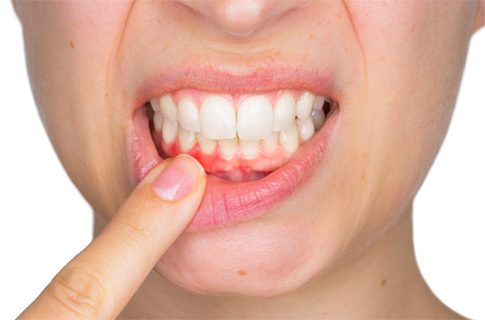
Gum disease, which is also referred to as periodontal disease, is a common oral health problem that affects millions of people in the United States. Attacking the soft oral tissues that surround your teeth, bad oral bacteria and plaque accumulate as a result of poor oral hygiene, unhealthy eating habits, and more. As the infection spreads, it causes gums to become inflamed and tender. They can also begin to bleed when brushing or flossing.
Without timely intervention by a skilled dentist in East Longmeadow & Northampton, it can affect your teeth, gums, bone, and even vital organs throughout the body. This can include the brain, heart, lungs, kidneys, gut, and more.
What Are the Common Signs of Periodontal Disease?
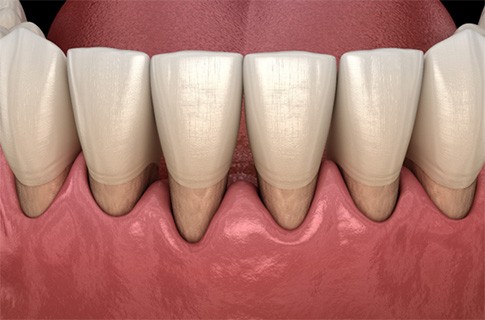
Many adults who have gum disease are actually unaware because many of the symptoms are subtle. In fact, most people assume any bleeding or inflammation will go away on its own. This unfortunate decision often means that the disease is not caught in its earliest stages when symptoms are reversible (gingivitis).
To become aware of any potential problems existing within your gums, here are a few of the most common symptoms to look for:
- Bad breath
- Redness and tenderness of the gums
- Inflammation and bleeding of the gums
- Difficulty biting and chewing
- Gum recession
Periodontal/Gum Disease Treatment Options
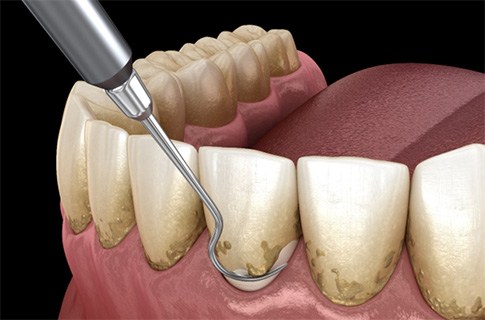
Fortunately, our team at EMA Dental provides safe and effective periodontal therapy in East Longmeadow & Northampton. The two most popular options for treating gum disease include scaling and root planing and antibiotic therapy.
Scaling & Root Planing (Deep Cleaning)
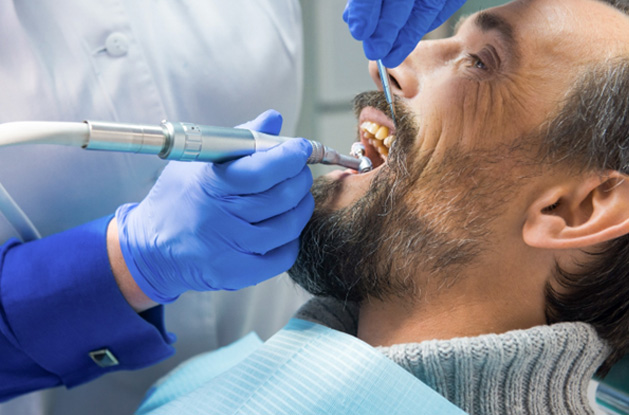
Scaling and root planing, better known by patients as a “deep cleaning,” is one of our first lines of defense against gum disease in East Longmeadow. This treatment is aimed at helping your body fight off the gum infection by clearing harmful oral bacteria accumulations from the surface and roots of teeth. The goal is to minimize your symptoms, and if the disease is in its early stages, we can even reverse the infection.
Antibiotic Therapy
In combination with scaling and root planing, we often use antibiotic therapy. Even the most thorough deep cleaning cannot always remove all existing bacteria. But with the help of Arestin® antibiotic therapy, we can treat these hard-to-reach areas.
We’ll apply the antibiotic after completing your scaling and root planing. Over the course of several weeks, the medicine will slowly release, killing off any bad bacteria and better protecting your gums.


